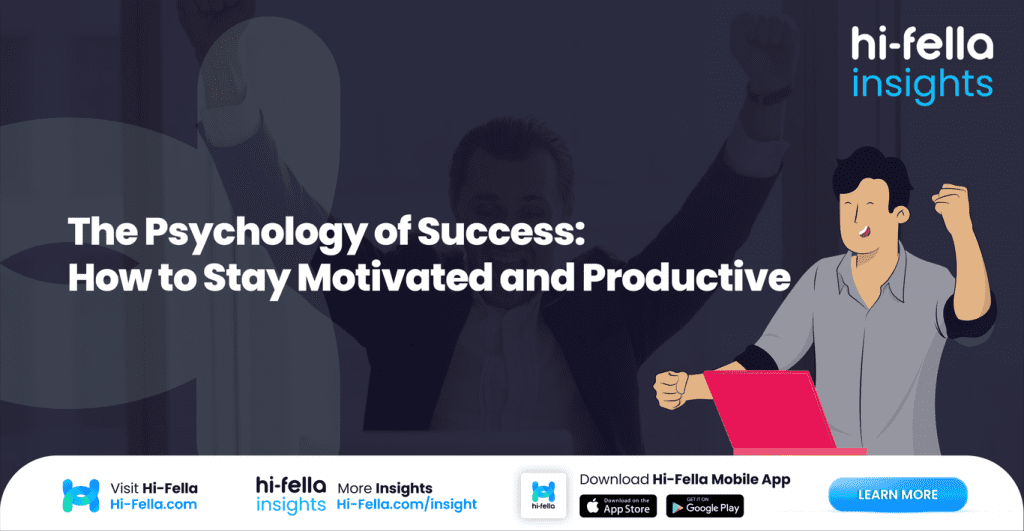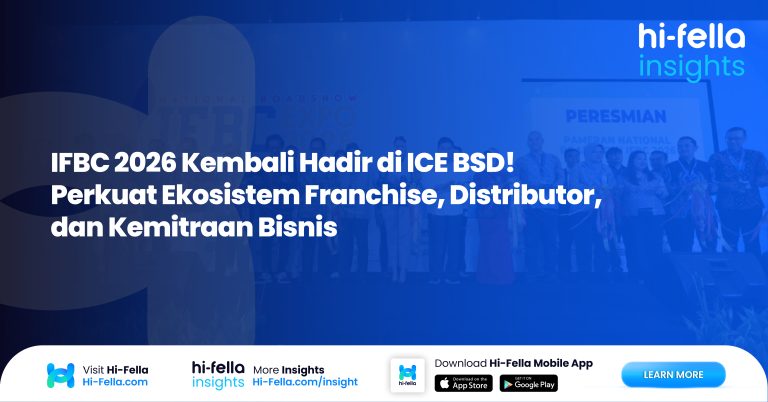Success isn’t just about talent or luck—it’s about mindset, discipline, and motivation. Understanding the psychology behind success can help you stay driven, overcome obstacles, and maximize your productivity. But how do successful people stay motivated, and what strategies do they use to sustain long-term productivity? Let’s break it down.
Understanding Motivation: The Driving Force Behind Success
Motivation is the engine that keeps us going, even in the face of challenges. Psychologists categorize motivation into two main types:
1. Intrinsic Motivation
This type of motivation comes from within. It’s the drive to achieve something for personal satisfaction, mastery, or passion. Examples include:
- Pursuing a hobby because you love it
- Solving complex problems for the thrill of problem-solving
- Learning a new skill purely for self-improvement
2. Extrinsic Motivation
This type of motivation is driven by external rewards like money, recognition, or avoiding negative consequences. Examples include:
- Working hard to earn a promotion
- Studying to pass an exam
- Completing a project to receive praise from a boss
While extrinsic motivation can be effective in the short term, intrinsic motivation is what sustains long-term success. The most successful people learn how to blend both to maintain high performance.
The Science of Productivity: How to Get More Done
Success isn’t just about working hard—it’s about working smart. Productivity is the key to achieving goals efficiently. Here’s how you can leverage psychology to boost productivity:
1. Set SMART Goals
Goals give direction, but vague goals lead to frustration. That’s why high achievers use the SMART framework:
- Specific – Define exactly what you want to achieve.
- Measurable – Track progress with clear metrics.
- Achievable – Set realistic goals.
- Relevant – Align goals with your bigger mission.
- Time-bound – Set deadlines to create urgency.
Example: Instead of saying, “I want to be healthier,” say, “I will exercise for 30 minutes five times a week for the next three months.”
2. Use the Power of Habits
Habits shape our lives more than we realize. James Clear, in Atomic Habits, explains that success is built on small, consistent habits. Follow these steps:
- Cue – Identify triggers that initiate a habit (e.g., putting running shoes by the door).
- Routine – Perform the habit (e.g., jogging for 20 minutes).
- Reward – Reinforce the habit with a positive outcome (e.g., feeling energized).
- Repeat – Consistency makes it automatic.
3. Leverage the Flow State
Psychologist Mihaly Csikszentmihalyi coined the term “flow,” referring to a state of deep focus and productivity. To achieve flow:
- Work on tasks that are challenging but not overwhelming.
- Remove distractions to maintain focus.
- Set clear goals and feedback loops.
- Align tasks with intrinsic motivation.
4. Break Tasks into Small Steps (The Two-Minute Rule)
Procrastination often comes from feeling overwhelmed. The Two-Minute Rule helps:
- If a task takes less than two minutes, do it immediately.
- If a task is complex, break it into tiny steps and start with the first two-minute action.
Example: Instead of thinking, “I need to write a book,” start with, “I will write 100 words today.”
5. Time Management Strategies That Work
- The Pomodoro Technique – Work for 25 minutes, then take a 5-minute break.
- Time Blocking – Schedule tasks in dedicated time slots.
- The Eisenhower Matrix – Prioritize tasks based on urgency and importance.
Overcoming Mental Barriers to Success
Even with motivation and productivity strategies, mental barriers can still get in the way. Here’s how to overcome them:
1. Defeating Procrastination
- Use the 5-Second Rule (Mel Robbins) – Count down from five and take immediate action.
- Identify why you’re procrastinating—fear of failure, perfectionism, or lack of clarity?
- Change your environment to eliminate distractions.
2. Handling Failure Constructively
Failure is inevitable, but successful people view it as feedback. Reframe failure by:
- Analyzing what went wrong objectively.
- Learning from mistakes instead of personalizing them.
- Adopting a growth mindset (Carol Dweck) – Believing that abilities improve with effort.
3. Avoiding Burnout
Working hard is great—until it leads to burnout. Prevent it by:
- Setting clear work-life boundaries.
- Practicing self-care (exercise, mindfulness, social connections).
- Recognizing when to take a break and recharge.
The Role of Mindset in Long-Term Success
1. Growth vs. Fixed Mindset
People with a growth mindset believe that intelligence and abilities can develop through effort. Those with a fixed mindset believe they’re born with a certain level of intelligence that can’t change.
- Growth mindset: “I can get better with practice.”
- Fixed mindset: “I’m just not good at this.”
Cultivating a growth mindset leads to greater resilience and continuous improvement.
2. Visualization and Affirmations
Many successful people use visualization to achieve goals. Techniques include:
- Mental rehearsal – Imagine yourself successfully completing a task.
- Positive affirmations – Reinforce self-belief with statements like “I am capable and focused.”
3. Surrounding Yourself with the Right People
Jim Rohn famously said, “You are the average of the five people you spend the most time with.” Successful individuals carefully curate their inner circles, ensuring they are surrounded by positive, driven, and inspiring people.
Success Is a Continuous Journey
Success isn’t a destination; it’s a continuous process shaped by motivation, discipline, and mindset. By understanding how to stay motivated, using proven productivity strategies, overcoming mental barriers, and adopting a growth mindset, you can create a path toward sustained success.
The key takeaway? Success is within your control. The right habits, mindset, and strategies will keep you motivated and productive—no matter what challenges come your way.








